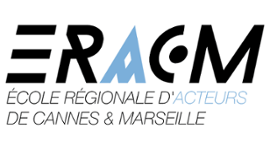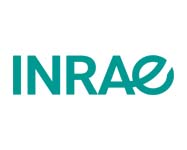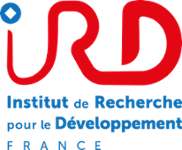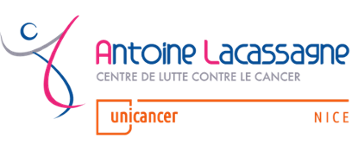MARRES Education
- The MARRES programs
-
The Learning experience: being a MARRES student
- The MARRES students
- The MARRES events
- Life on the Côte d'Azur
- The learning strategy
-
Alumni & Career: the life after MARRES
- The Lérins Biodiversité campaign
-
MARRES To The World: the student initiative
- Our games
- Our podcasts
- Our outreach events
- Naïa: the voice of the Ocean
-
Team & Partners
-
Join us

Can deep learning address ecological questions without human validation?
IFREMER, Lorient
Supervisors
Robin Faillettaz, IFREMER Lorient
Context
Imaging system are becoming increasingly popular for management and conservation purposes. Imaging presents several advantages compared to traditional method like nets, as it is non-invasive and large amount of data can be rapidly collected. Yet, the data processing remains highly time consuming due to the need for human validation of every single identification. Deep learning offers incredible perspectives for high-accurracy image detection and identification, but whether it is sufficient to skip the validation step when addressing ecological questions remains unknown.
Objectives
The objectives of the project would be to work on several types of imaging data collected as part of the recurrent oceanographic cruises conducted by the Ifremer, to tune a several detection algorithms and determine whether the models can provide acceptable predictions when applied on new dataset (e.g. training the model on the data from the 2018 cruise and assess its performance on 2019-2020) in order to automatise recurrent, long term assessments. Imaging data will range from data collected with various video systems such as the PAGURE sledge, the LANGOLF-TV sledge, and other home-made video systems installed on fishing gears.

Requirements
Half geek, half fish-enthusiast!
Status
Starting Fall 2020
Current student involved: -
Previous students involved: -
Last deliverables: -
Contact information
Website
Google Scholar Lorient

















